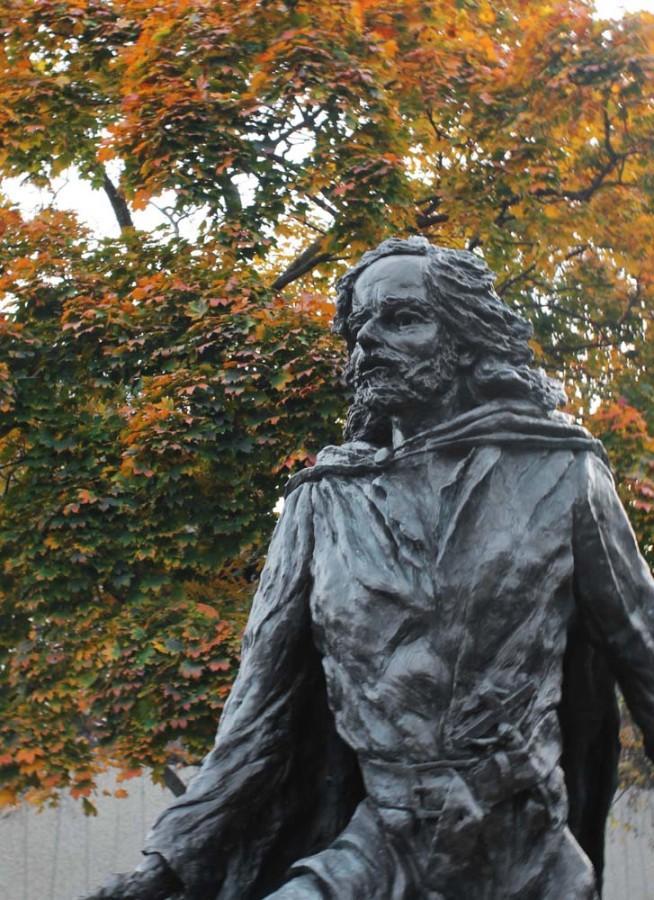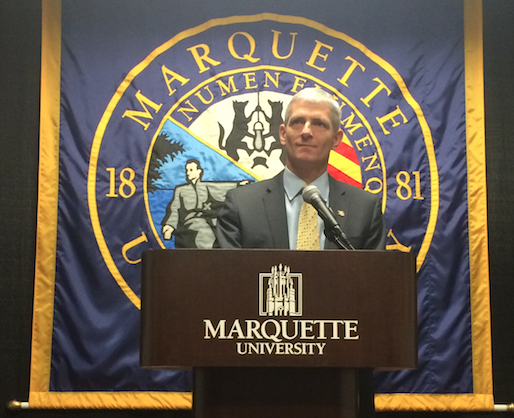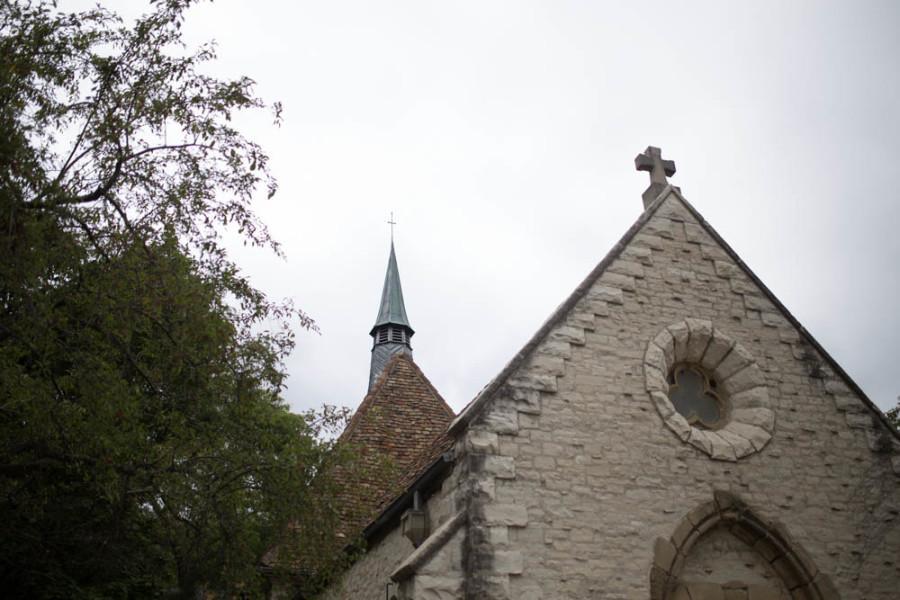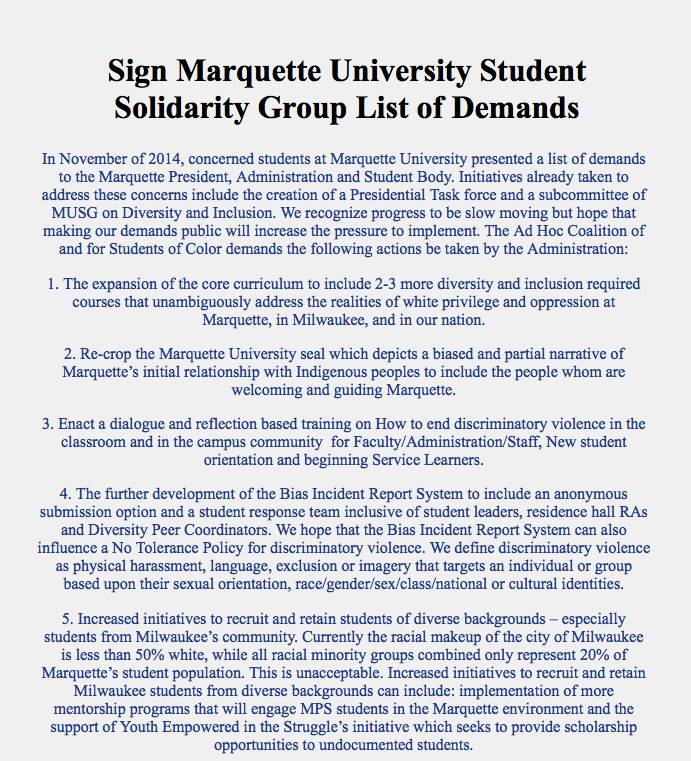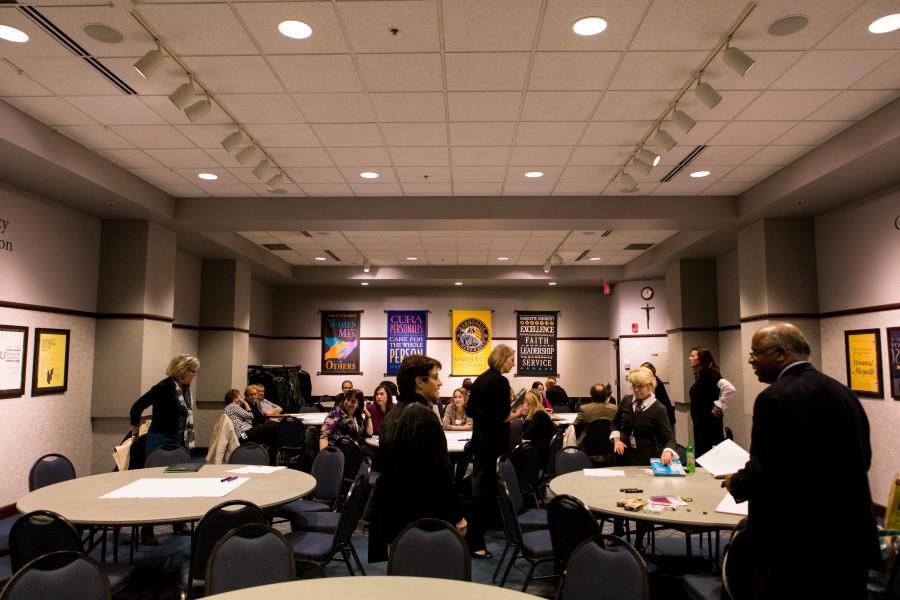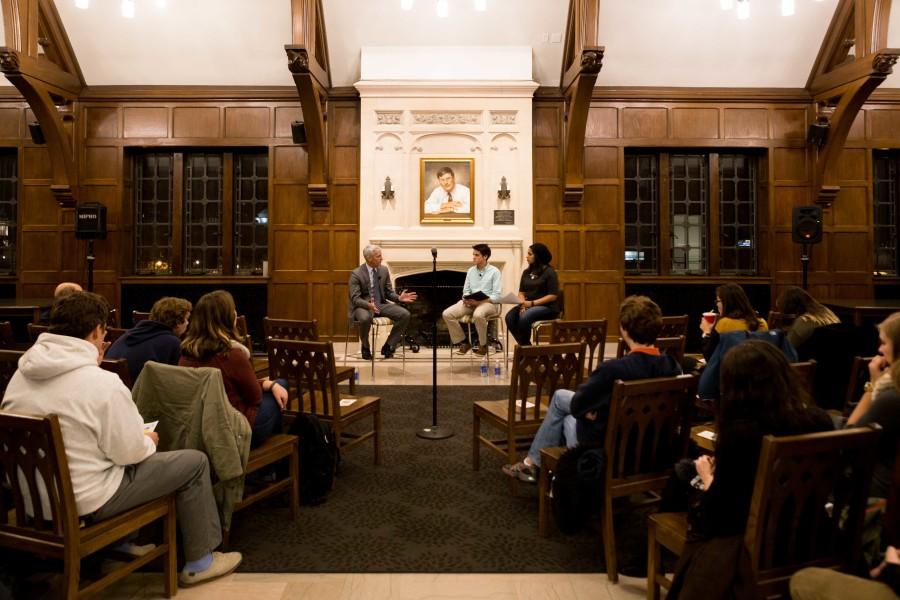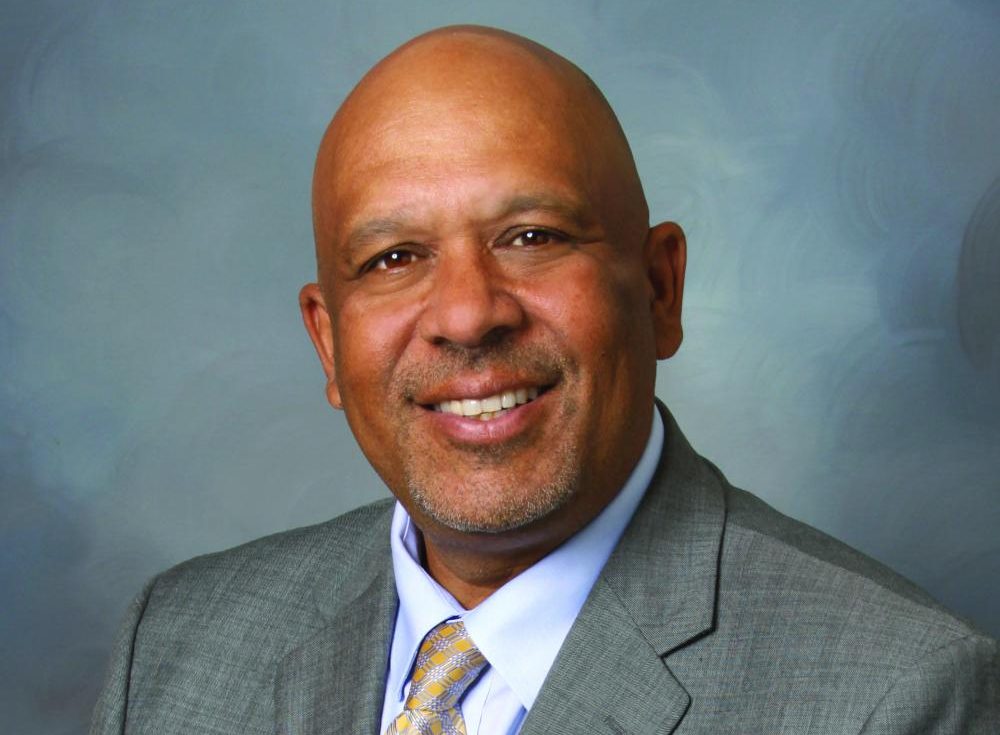The climate study working group exceeded its minimum response rate goal for the campus-wide climate study conducted in February.
The study needed to have 30 percent of campus respond to the climate study survey, and the final response rate reached 31.5 percent. The study surveyed undergraduate and graduate students in addition to faculty members, and its results will be reported September 2015. It was open from Feb. 3 to Feb. 20 before it was extended for another week.
“Thirty percent is a pretty standard response rate for a large-scale survey of this type,” said Cheryl Maratano, co-chair of the climate study working group, in an email. “While it would have been nice if it were higher, our 31.5 percent response rate is certainly sufficient to provide us with the information needed to identify and address the significant issues that may exist on our campus.”
Both Maratano and William Welburn, associate provost for diversity and inclusion, said they are confident in their ability to implement campus change once the results are shared.
“(Consultant Sue) Rankin will come back to campus to report the results through a series of ‘town hall’ meetings,” Maratano said in an email. “Through these ‘report-outs,’ members of the Marquette community will be invited to reflect on the findings of the report, possibly ask for further analysis of the data and offer their suggestions for action steps to address the challenges that are identified.”
The results will be presented in a final report that will include an executive summary; a report narrative of the findings based on cross tabulations selected by the consultant; frequencies, percentages, means and standard deviations of quantitative data; and content analysis of the textual data. The report will identify themes within the data.
The reports provide high-level summaries of the findings and will identify themes found in the data. Generalizations for populations are limited to those groups or subgroups with response rates of at least 30 percent. The committee will review draft reports and provide feedback to the consultant before campus release.
The climate study‘s purpose is to measure Marquette’s work and living environment and find where improvement is needed. The survey was crafted with help from Sue Rankin of Rankin & Associates Consulting, which conducted studies with other campuses across the country.
The survey results were given to Rankin and she will analyze them.
“All of the responses are safely and securely in the hands of Rankin and her colleagues,” Welburn said in an email. “Rankin and her associates will continue to assure the confidentiality of the responses and anonymity of the respondents as they sift through the data and carefully analyze the results.”
Maratano said University President Michael Lovell is committed to acting on the collected data. He also said he thinks the results will provide useful experiences and observations from the survey participants.
“This climate survey will provide the best, most representative data that we have ever had for this purpose,” Maratano said in an email.

